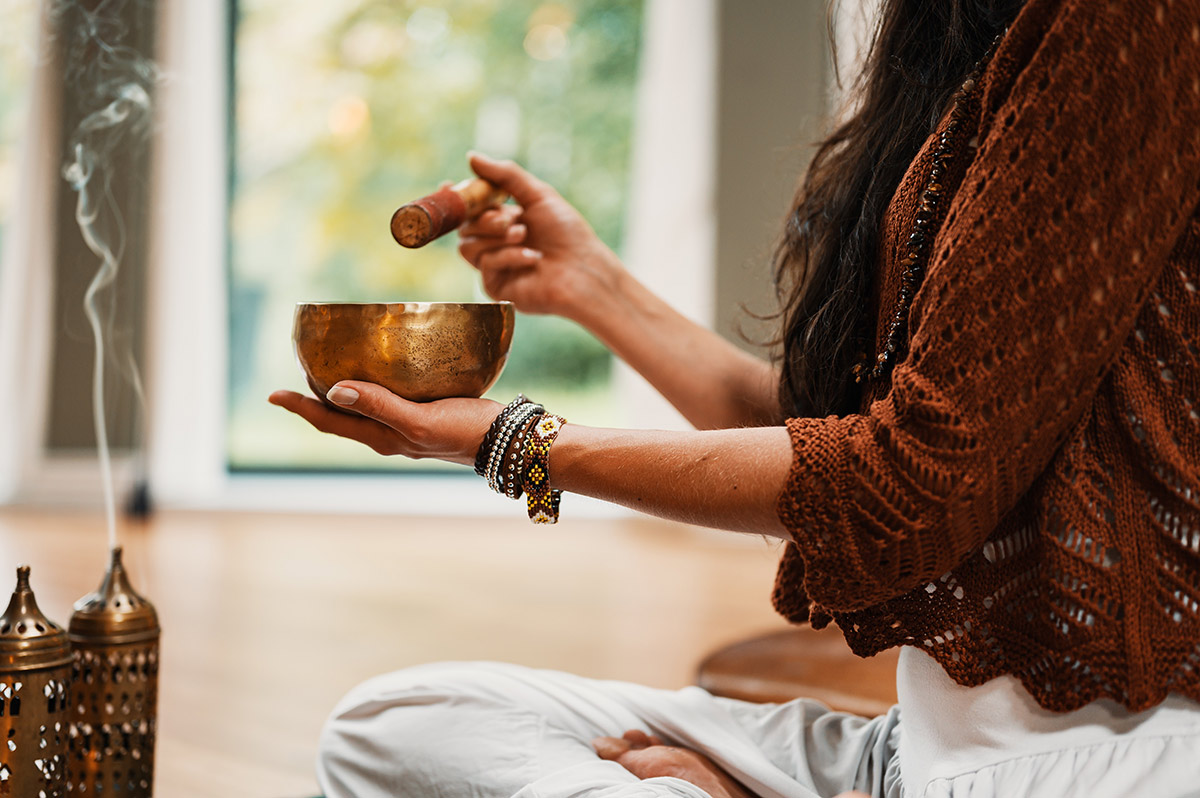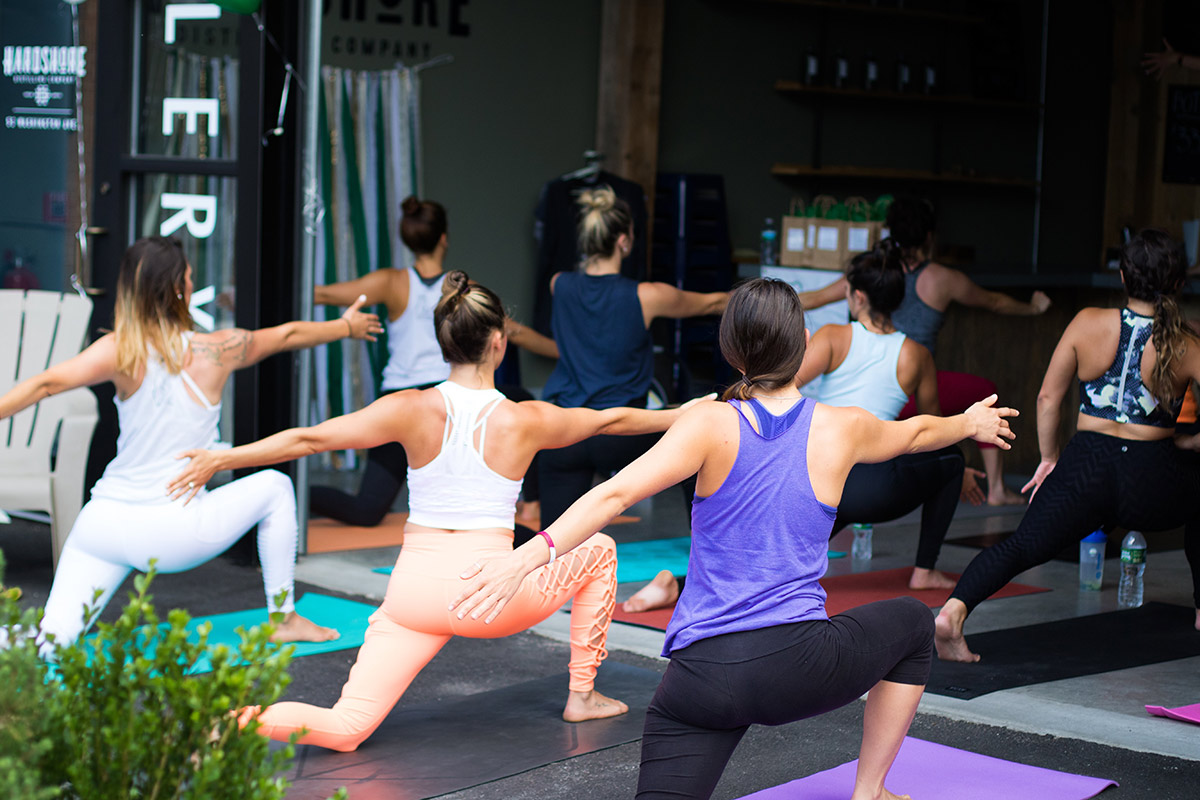ADHD in adults can be a complex and challenging experience. Adults with ADHD may struggle with inattention, hyperactivity, impulsivity, time management and organization difficulty. This can result in work or school performance, interpersonal relationships, and daily functioning difficulties. Adults with ADHD may also experience low self-esteem, anxiety, and depression. However, with appropriate diagnosis and treatment, individuals with ADHD can learn to manage their symptoms and succeed personally and professionally. It is essential to seek the support of a healthcare professional to develop a personalized treatment plan (ADHD assessments) that addresses the specific needs and challenges of adults with ADHD.
1. Exercise
Physical activity can help to reduce hyperactivity and impulsivity, improve focus and attention, and improve mood. Exercise has numerous benefits for both physical and mental health. Regular exercise can help to improve cardiovascular health, increase muscle strength and flexibility, and boost energy levels. Additionally, exercise can positively impact mental health by reducing stress and anxiety, improving mood, and promoting better sleep. It can also improve cognitive function, including memory, attention, and decision-making skills. Overall, exercise is a powerful tool for improving overall health and well-being, and it’s important to find physical activities that are enjoyable and sustainable for each individual.

2. Meditation & Mindfulness Practices
Meditation is a mind-body practice with numerous mental and physical benefits. Regular meditation can help reduce stress and anxiety, promote relaxation, and improve overall emotional well-being. It has also been shown to improve focus and attention, increase self-awareness, and improve the quality of sleep. In addition, meditation has been shown to have physical health benefits, such as reducing blood pressure, improving immune function, and reducing inflammation. Moreover, meditation is a powerful tool for improving mental and physical health, and it can be practised in various ways, making it accessible to a wide range of individuals.

3. Hobbies That Involve Creativity
Drawing and painting are creative activities that can benefit mental and emotional well-being. These activities can provide a positive outlet for emotions and allow for self-expression, promoting relaxation and stress reduction. Engaging in these activities has also increased mindfulness, improved focus and attention, and increased self-esteem and confidence. Additionally, drawing and painting can improve hand-eye coordination, fine motor skills, and spatial awareness. These benefits are not limited to professional artists; even those with no prior experience can benefit from engaging in these activities. Overall, drawing and painting can be valuable to a self-care routine and positively impact mental and emotional health.

4. Team Sports Or Group Exercise Classes
Team activities and sports can benefit both physical and mental health. Participating in team activities, such as team sports, can provide a structured environment for physical activity, social interaction, and the opportunity to improve coordination and teamwork skills. This can help to improve physical fitness, increase energy levels, and reduce stress and anxiety. In addition, participating in team activities can promote a sense of community and belonging, which can positively impact mental health and emotional well-being. Team activities can also help to develop important social skills, such as communication, cooperation, and problem-solving. Furthermore, team activities provide a fun and engaging way to improve both physical and mental health while also building critical social skills and connections.

5. Games & Puzzles
Games and puzzles are not only fun and entertaining but also have numerous benefits for mental health and cognitive function. Engaging in these activities, such as crossword puzzles, Sudoku, or other brain teasers, can help to improve cognitive skills, including memory, attention, and problem-solving. It can also provide a positive outlet for stress and anxiety, promote relaxation, and improve mood. In addition, games and puzzles can help to improve fine motor skills, hand-eye coordination, and overall brain function. These benefits are not limited to any age group, and people of all ages can enjoy and benefit from these activities. Games and puzzles can be a valuable addition to a healthy lifestyle, providing fun and engaging ways to improve mental and cognitive health.

6. Music Therapy
Music therapy is a form of therapy that uses music to promote emotional, physical, and cognitive well-being. It has numerous benefits for mental and physical health, including reducing stress and anxiety, improving mood, and promoting relaxation. Music therapy has also been shown to improve cognitive function, including memory and attention, and can help to alleviate symptoms of depression and anxiety. Additionally, music therapy can improve physical function, such as reducing pain and improving motor skills. It can also be a valuable tool for communication and self-expression, providing an outlet for emotions and helping to build self-esteem and confidence. More importantly, music therapy is a versatile and practical form of therapy that can improve the overall quality of life and well-being.

7. Outdoor Activities
Engaging in outdoor activities can have numerous benefits for physical and mental health. Whether biking or simply enjoying nature, spending time outside can help reduce stress and anxiety, improve mood, and promote relaxation. It also provides an opportunity to increase physical activity, which can help to improve cardiovascular health, increase strength and flexibility, and promote healthy weight management. Additionally, outdoor activities can help increase exposure to sunlight, which is vital for maintaining healthy vitamin D levels. Exposure to nature has also been shown to positively impact mental health, including reducing symptoms of depression and anxiety and improving overall well-being. All round, outdoor activities provide a fun and engaging way to improve physical and mental health while also providing opportunities to connect with nature and enjoy the beauty of the great outdoors. Activities such as hiking, camping, or gardening can provide a calming and grounding environment for individuals with ADHD.

8. Yoga
Yoga is a mind-body practice with numerous benefits for physical and mental health. Regular yoga can help reduce stress and anxiety, promote relaxation, and improve overall emotional well-being. It has also been shown to improve flexibility, strength, and balance and can help to alleviate symptoms of chronic pain. In addition, yoga has been shown to improve cognitive function, including memory and attention, and can help to reduce symptoms of depression and anxiety. Yoga can also be valuable for improving sleep quality and promoting overall health and well-being. Yoga is a powerful tool for improving both physical and mental health, and it can be practised in various ways, making it accessible to a wide range of individuals.

9. Adult Colouring Books
Colouring books for adults have gained popularity in recent years as a way to reduce stress and promote relaxation. Colouring requires focused attention and can serve as a meditative practice, which can help to reduce feelings of anxiety and promote a sense of calm. Colouring can also improve fine motor skills, hand-eye coordination, and overall cognitive function. Additionally, colouring books for adults often feature intricate designs and patterns, which can provide a positive outlet for creativity and self-expression. Colouring can also be a fun and engaging way to unwind and take a break from the demands of daily life. Moreover, colouring adult books can be valuable for promoting relaxation and improving mental well-being.

10. Mindful Breathing Exercises
Mindful breathing exercises involve focusing on the breath and observing the moment without judgment. Regular practice of these exercises can benefit mental and physical health. Mindful breathing can help reduce stress and anxiety, improve mood, and promote relaxation. It can also help to improve focus and concentration, which can be particularly helpful for individuals who struggle with distractibility. Mindful breathing exercises have also positively impacted physical health, including reducing blood pressure and improving immune function. Additionally, practising mindful breathing can help develop self-awareness and promote greater emotional well-being. Finally, mindful breathing exercises provide a simple and effective way to improve physical and mental health while promoting greater self-awareness and emotional well-being.

Do you think you may need help with an ASD assessment? We would love to hear from you.